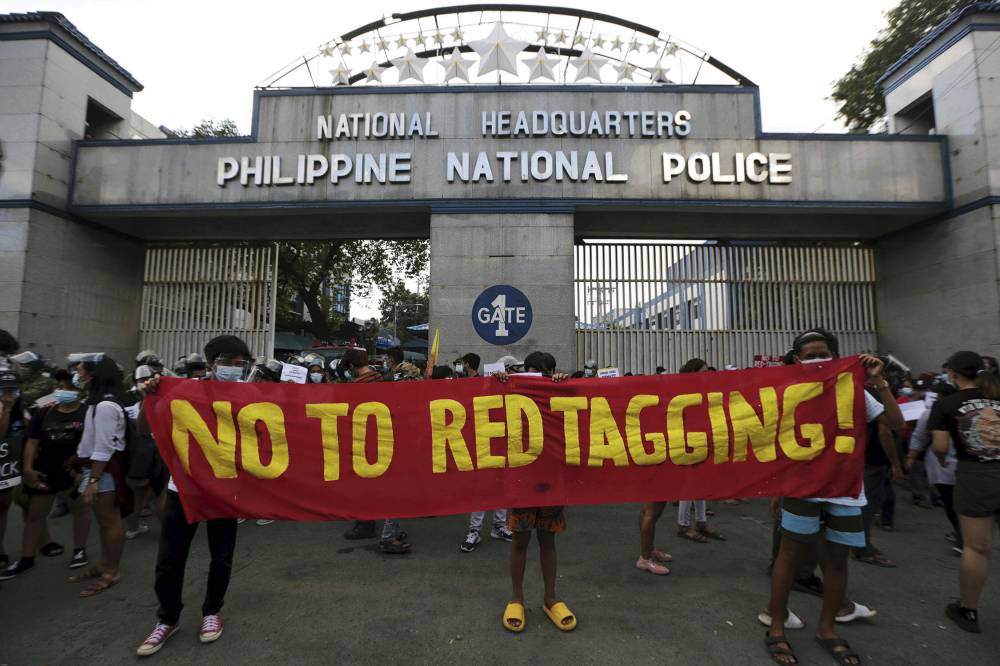SC ruling also favors NTF-Elcac, official claims

The controversial National Task Force to End Local Communist Armed Conflict (NTF-Elcac) welcomed on Sunday the Supreme Court’s landmark decision recognizing Red-tagging as a real threat to the lives and civil liberties and Filipinos.
In a statement over the weekend, the NTF-Elcac, which has been blamed for the harassment of activists since its creation in 2018, cited a part of the SC ruling that granted a writ of amparo to former Bayan Muna Rep. Siegfred Deduro.
In its decision, the high court reversed Iloilo Regional Trial Court’s (RTC) initial denial of Deduro’s petition, saying the court failed to give due process to both Deduro and respondent Maj. Gen. Eric Vinoya.
The task force, which was not a party at interest in the case, claimed that the decision gave the state a chance to “present witnesses and evidence gathering” on Deduro’s alleged involvement in the communist insurgency.
“The SC’s decision shed light on the RTC’s procedural lapse in dismissing the case without requiring the respondent to file a return, thereby depriving the state due process,” said NTF-Elcac executive director Ernesto Torres.
Torres, a retired major general who was once at the forefront of the army’s counter-insurgency operations, graduated from the Philippine Military Academy a year ahead of Vinoya, who has not made a statement of the SC decision.
Abolition moves
Torres made the remarks in an apparent bid to deflect demands that the NTF-Elcac be abolished or defunded because of allegations of repeated violations of democratic freedoms.
Torres insisted that accusations of Red-tagging were only meant to deflect underground organizations’ “terrorist-grooming,” which he defined as attempts to systematically recruit and radicalize select individual through manipulation and control.
In its decision, however, the SC cautioned judges against making summary judgements without ventilating the concerns of both the petitioner and respondent, as required by judicial rules on the writ of amparo.
The SC overruled the lower court’s dismissal of Deduro’s appeal when it did not even seek reactions from Vinoya or summon the groups that were supposedly behind allegedly libelous claims that Deduro was a member of the communist New People’s Arm.

















